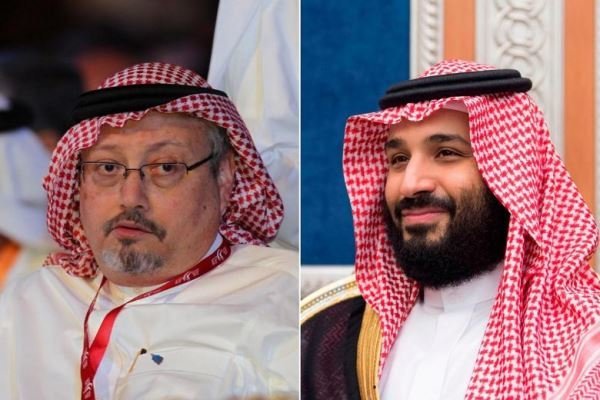To reach the goal of “stability”, MBS adopted an invasive policy, marginalized his political rivals, silenced critics, and imprisoned political activists. However, the pursuit of the reforms intensified the challenges facing the Saudi government about its identity and ideological underpinnings.
The House of Saud has been irrational in dealing with critics such as Jamal Khashoggi, a prominent Saudi journalist. This has reinforced the assumption that Saudi Arabia is turning back to its traditional police state identity and does not intend to reform itself.
The war in Yemen, the embargo of Qatar and the scandal in Lebanon have underscored Saudi Arabia’s vulnerability and the problems it has in creating a secure environment while its power transformation, religious degeneration and burnout of ideology has led the country’s movement towards a police state.
The police state refers to regimes that deny fundamental freedoms to their people, especially a free press, freedom of expression and assembly. Such states control the actions and movements of their people with repressive police and the security forces that act in an arbitrary way.
The Saudi government’s murder of Khashoggi portrays a police state action. The Saudis also brutally suppress women's rights activists, especially after the alleged reforms and then the disappearance of reform leaders. More liberal minded people like Khashoggi have often left the country.
The attempted transformation in Saudi Arabia began with changes to civil liberties for women, and the government sought to change its global image along with the economic and infrastructure development and to reduce dependence on oil revenues. However, despite western style symbolic reforms for women, such as driving rights, no plans were found for freedom of expression or the establishment of political organizations and the reduction of the constraints on religious minorities, especially the Shiites.
Meanwhile, the Saudi government has lost much of its religious legitimacy, which used to be a priority. Implementation of the reforms in a society that still supports a tribal and traditional culture and lacks proper infrastructure is shocking. In fact, the superficial social and economic reforms in a society without first implementation of political reforms are fruitless. The ruling of an individual over the entire country instead of rule by a democratic and participatory election, in addition to the ambitious foreign policy of MBS in the West Asia region, has led to unbalanced domestic and foreign policies which have sparked a legitimacy crisis for the House of Saud and widened the gaps in the ruling family that will eventually lead to economic and social instability.
Although MBS reforms have pushed the country forward in some areas, the police state style of running the country has imposed a high cost to the Saudi government. Also, the Crown Prince’s attitude towards civil society and Saudi citizens and his disregard for Saudi issues, including the condition of women, workers and immigrants, the Shiites and human rights issues, could lead to the dismissal of MBS as the crown prince since his one-year tenure has been so rocky.
It seems that the United States wants to keep MBS in power, although Trump’s policy and his support of MBS are being criticized by some political analysts in the West. Some believe that involvement in incidents such as Khashoggi’s murder puts Riyadh at a distinct disadvantage and threatens the status quo rather than shores it up.
MNA/TT


























Your Comment